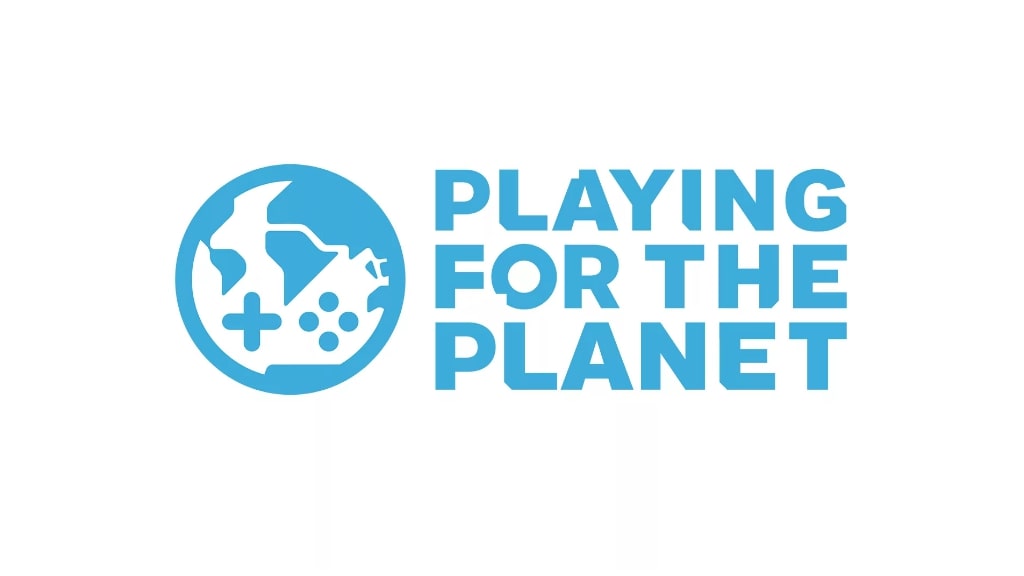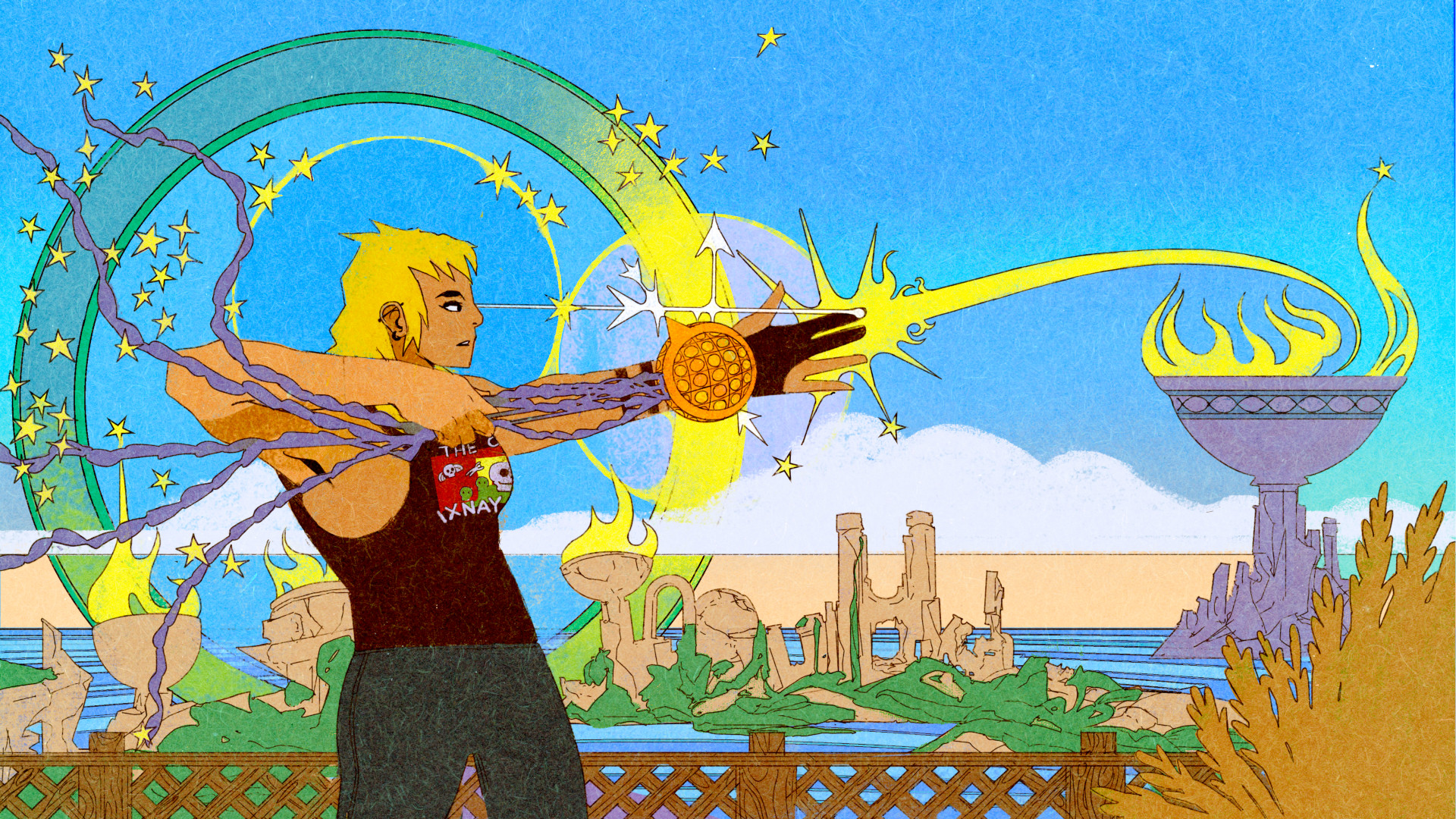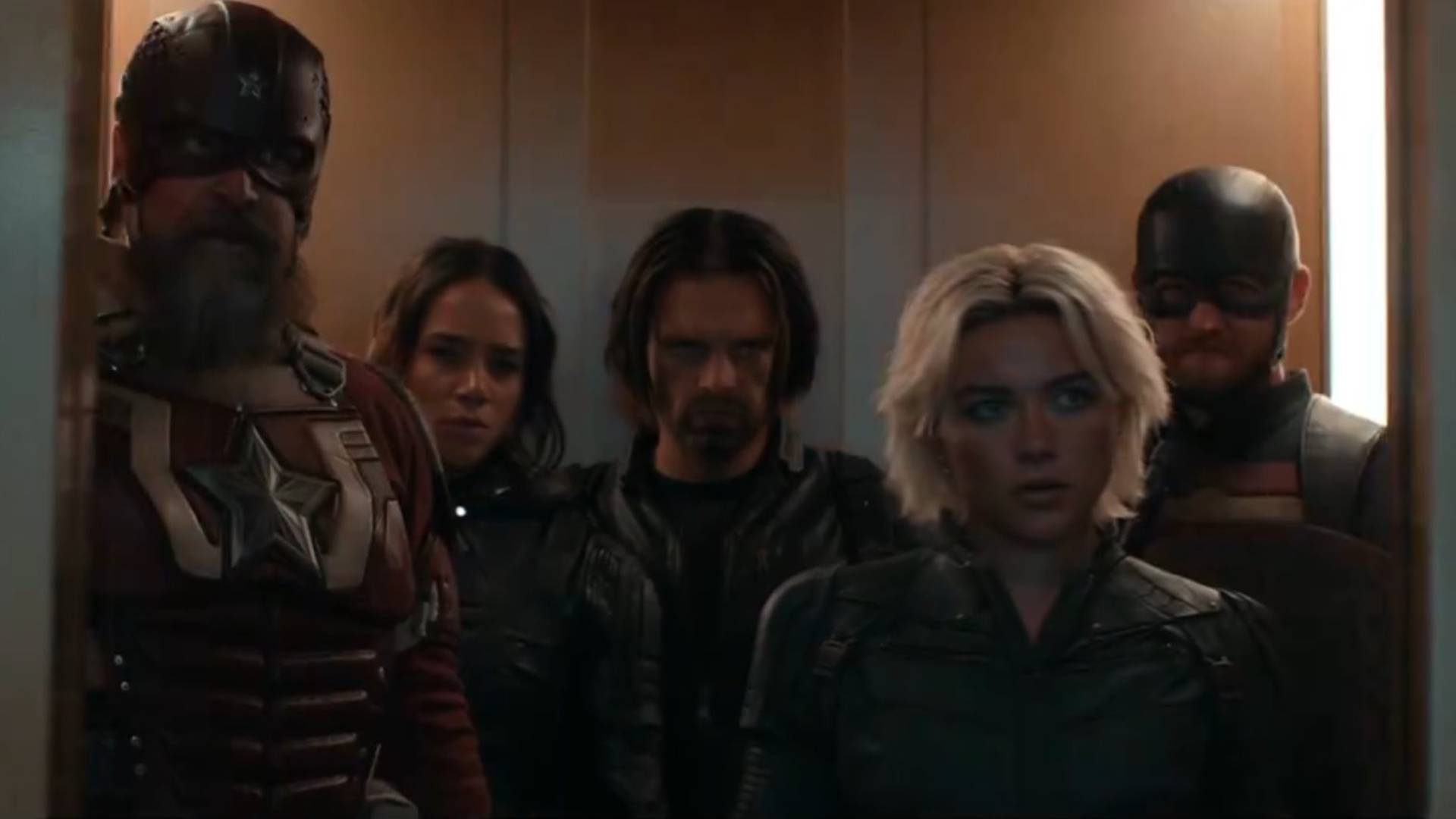It's time for video games to have their say on the climate crisis, before it's too late
The Earth has no 'Press X to continue': Why aren't games talking about climate change?
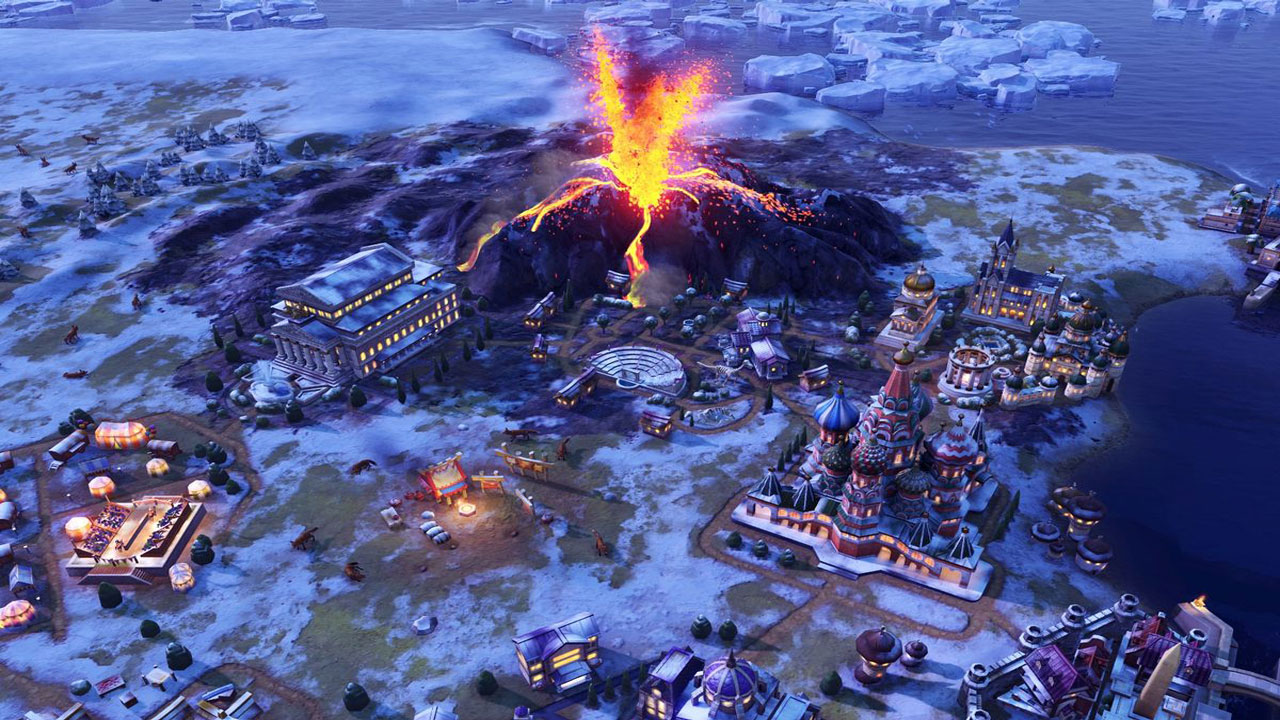
It felt like a sea change, to use an environmentally leaning phrase, when, this last February, a new, ecologically anxious minded expansion pack – Gathering Storm – was unveiled for Sid Meier's Civilization 6. A sea change – and a pretty big deal. Tweet all you want about not using plastic straws anymore, but Meier's stalwart strategy series boasts over 40 million copies sold. That's some reach. It felt like video games were maybe about to – finally – meaningfully acknowledge the swell of environmental fears currently resonating across the planet.
This would be long overdue. Though many of our favourite games are set within depictions of a broken planet, hobbled and beyond repair, a confrontation with a Deathclaw in Fallout 3's Capital Wasteland tells us little about our real-world crisis. Though 2009's Flower and 2015's Ori and the Blind Forest are two games – along with the likes of Unravel, ABZU and Firewatch – at the forefront of a trend of increasingly nature-orientated titles, they're best described as a reminder of what is a stake, not a call to arms. Why is our preferred medium of entertainment unable to make a purposeful point on this?
Few are the games that say something about the planet's plight in the present moment, at least not in the way that books (Amitav Ghosh's poignant 2016 tome The Great Derangement), film (2006's An Inconvenient Truth) or TV (brilliant Norwegian political thriller Occupied) have. As you might imagine, it's within indie games that attempts have been made to address the balance. Devolver Digital's Block'hood, a city building game where energy efficiency is key, is a much better as an idea than it is an enjoyable experience to play. Adult Swim's Rain World had a great premise – resource management is key to preventing your horrible demise by acid rain! – and in Slugcat, an adorable, even potentially iconic central character. But punishing mechanics and as bad a checkpointing system as Hades surely holds means that you're unlikely to have played more than 20 minutes of it.
We can all do better
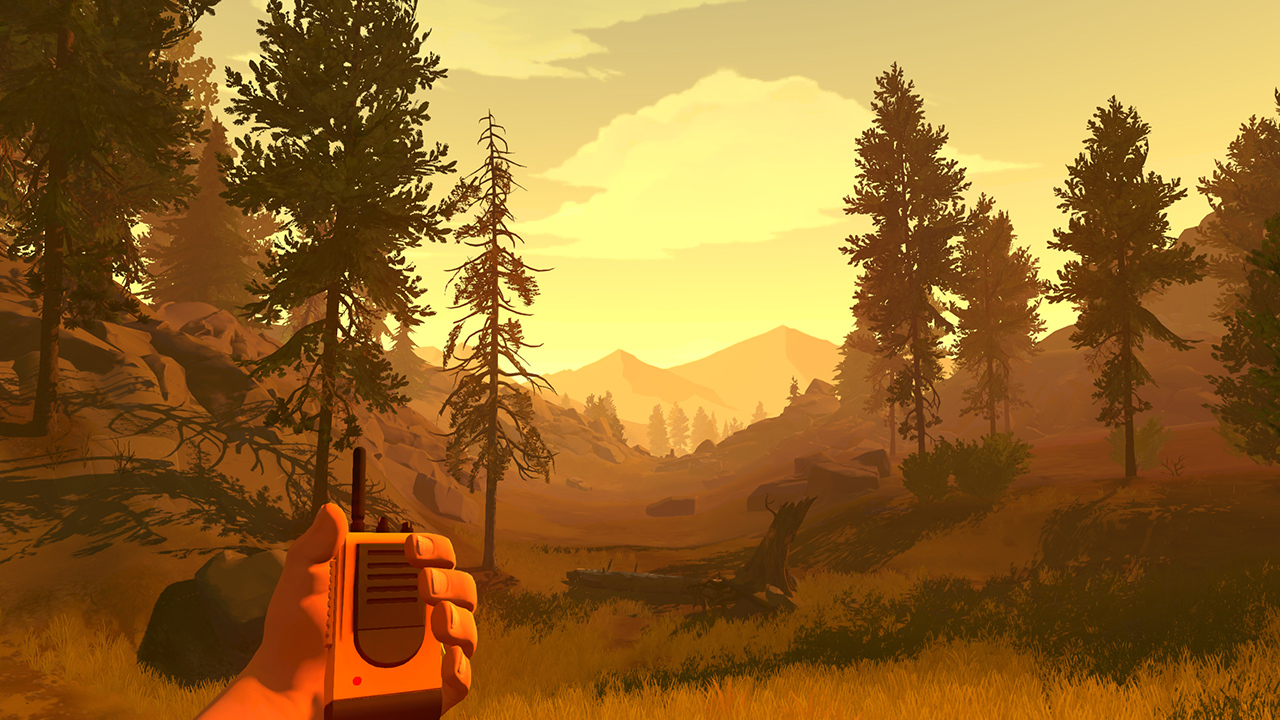
There are other names worthy of being talked about. Released last year, Strange Loop's Eco boasted realistic ecosystems and scientifically sound climate scenarios. Players operate in a shared world where collaboration is key, in theory creating a sort of sandpit take on what should be happening with big business and governments around the world right now. But real talk – if games are going to make a significant contribution to awareness and understanding of the climate crisis, it's going to be done via the likes of Rockstar, Ubisoft, or EA. The rainforest is on fire. It's not the time for teething titles.
Climate change is far from a new societal concern and the games industry has struggled with knowing what to say for decades. Perhaps it's in the medium's very DNA. While the reach of such an important mode of entertainment – and the young minds games can reach - is something environmental groups undoubtedly covert, the industries practices are far from what they should be. Nintendo has been at the foot of Greenpeace's rankings for environmentally friendly tech companies for well over a decade now, with the group citing the Japanese giants use of non-renewable plastics and poor energy efficiency as reasons for its lowly position. Microsoft and Sony fair better, largely by being more transparent in their practices and commitment to future sustainability – the pair even made a commitment this week to join forces with the United Nations to follow new climate change commitments – but they're still miles away from the likes of Apple, Toshiba or Lenovo.
The actual games have rarely got it right, either. Released in 1992, entering a world where phrases like 'the ozone layer' and 'greenhouse gases' were fast becoming common currency, SEGA's Echo The Dolphin wimped out by positioning invading extraterrestrials as the source of the ocean's pollution. A year earlier, Sonic The Hedgehog hinted at some kind of sub-plot about animal experimentation, and yet Sonic is by some distance a game that is in no way, shape or form one about animal experimentation. Greenpeace actually attempted to translate their message to code, creating their own game in 1989 with Rainbow Warrior, a title named after the organisations iconic boat, sunk four years earlier in an act of state sponsored terrorism that saw photographer Fernando Pereira lose his life, being bombed, in harbour, by French foreign intelligence services. Sadly, the game was shite.
Perhaps the most audacious attempt at delivering an environmental message via games – and evocative of the industry just not getting it - is Virgin's Global Gladiators, a tie-in with the McDonald's fast food chain, released in 1992 for SEGA systems. The game sees the player – guided by none other than Ronald McDonald – charged with collecting 'Golden Arches' in order to save the earth from destruction. It's picking low hanging fruit to say that, two years ago, the Mighty Earth environmental group reported they'd found significant deforestation in areas of Brazil and Bolivia where Cargill – the biggest private company in the world and McDonald's major supplier – buy from local farmers. But let's say it anyway.
Sign up to the GamesRadar+ Newsletter
Weekly digests, tales from the communities you love, and more
A Gathering Storm
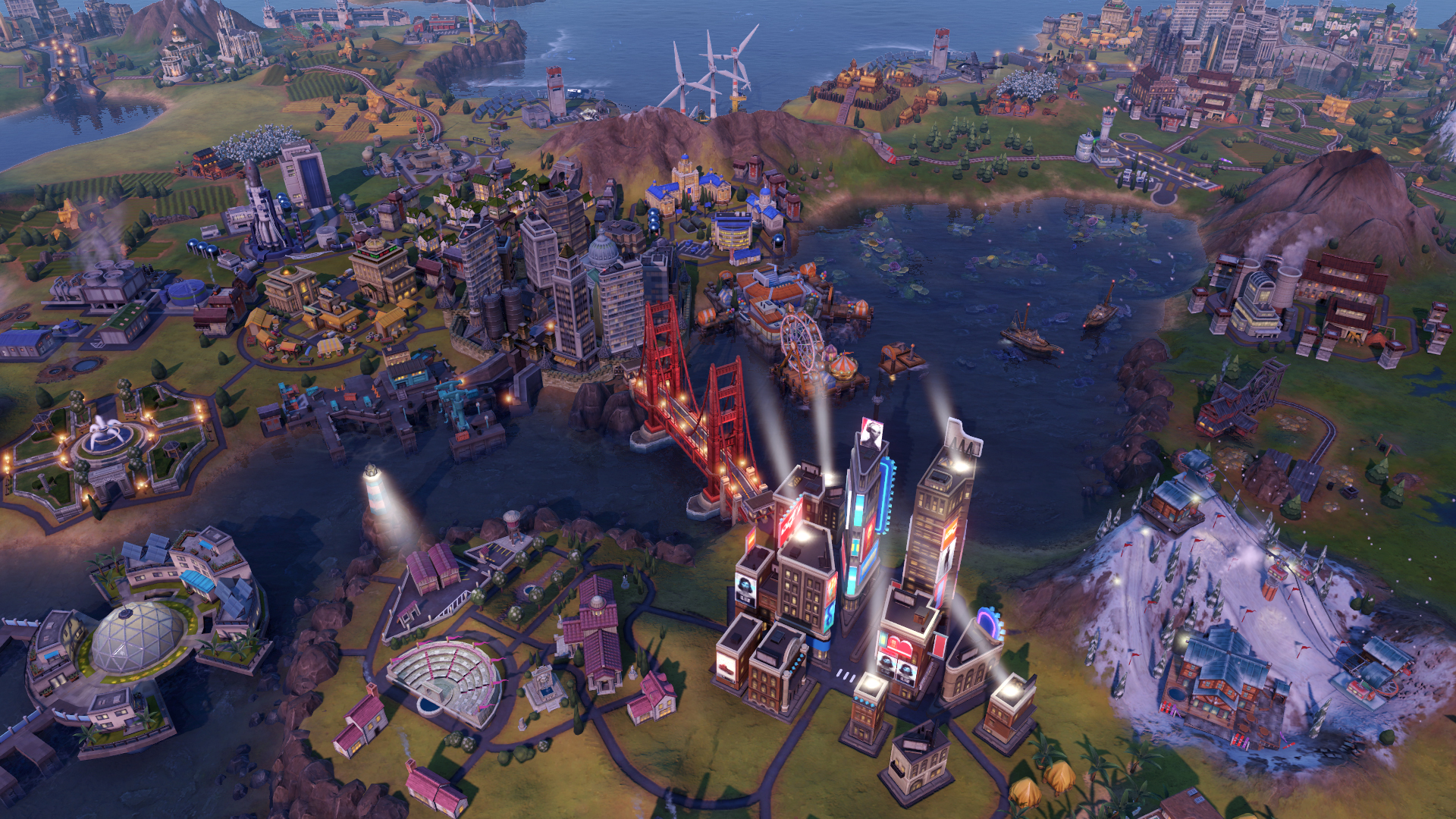
But the Civilization update felt extremely significant. This was a title that since its inception in 1991 had existed within the loosely categorised 4x genre, namely a game where to 'eXplore, eXpand, eXploit and eXterminate' were encouraged. Now it was asking players to negotiate ideas of environmental management. The update also offered progression into a future era, where decisions made in the present had far reaching consequences. You might want to build along that stretch of coast - but how might that expose your civilisation to the threat of rising tides and coastal erosion in the years to come? Fittingly, the update also featured a 'World Congress', a global coming together in which deforestation treaties and humanitarian aid could be ratified. And then…
Asked by Eurogamer whether Civilization 6's Gathering Storm update could be viewed as a political statement – as evidence that maybe the video game industry was about to – finally – acknowledge the global climate crisis in a meaningful way, the game's lead developer Dennis Shirk replied, "No. I don't think that's about making a political statement. We just like to have our gameplay reflect current science…"
Last year, The United Nations published a report which stated emphatically that unless real world civilisations reduce carbon pollution by the year 2030, earth will face irreversible global catastrophe. There will be no 'Press X to continue'.
